A home is a sanctuary – a safe haven and somewhere to feel comfortable. We would all love for our homes to be clean and tidy all of the time, but life can get in the way. Don’t we all wish that we could have a team of professional cleaners to take away some of the pressure?
Aging takes its toll on the body, and as a result it affects the home. Weaknesses and pains, even minor, can affect a person’s ability to keep on top of the cleaning and home maintenance.
Identifying the Warning Signs
Is your aging parent beginning to struggle? The first warning signs might be simple, like seeing the mail being ignored or the dishes piling up, but you should also look for more subtle indications like a build-up of dust or marks or stains that would indicate that clothes are being re-worn without going through the wash.
Helping Out
Reachers and grabbers are amongst the most valuable tools for an aging parent struggling to pick things up from the floor, but if your parent is struggling a lot then perhaps the best things that you can do is to install carefully placed grab rails that they can use to get around.
Identify where your parent is struggling the most, to find tools and pieces of equipment that will have the biggest impact. If the lawn is looking overgrown, can gardening aids like a garden kneeler help your parents to continue to look after their beloved shrubs and plants? Inside the home, can you make food preparation a little easier by purchasing a jar opener or buying cutlery with larger handles?
People age differently, and so what benefits one older person might be useless to another. Speak to your parents about their individual struggles, and what could most help them.
Knowing When Enough is Enough
As a parent ages, their child can become their best advocate. The mother that once fought for her son or daughter’s best interests might then depend on that same son or daughter to fight for hers, and to make the decisions that will have an impact on her life.
Caring isn’t about taking on all of the responsibility for yourself, and it isn’t just about providing the tools that will help an aging parent to stay independent for as long as possible – caring is also about knowing when the next stage of support will be required.
Keep watch for changing needs and abilities. The daily living aids that you purchased might have helped once, but over time they’ll no longer be enough. At this stage your parent might require more of your attention, or a home care provider that can visit when you’re unable to. A residential care home will likely be the next step, when they can no longer live independently.
You can make looking after the home easier by providing the right equipment and encouraging independence for as long as possible, but be an active advocate and be aware then your mother or father’s care needs change. You are their best voice, and because of that you should be aware of their limitations and yours.

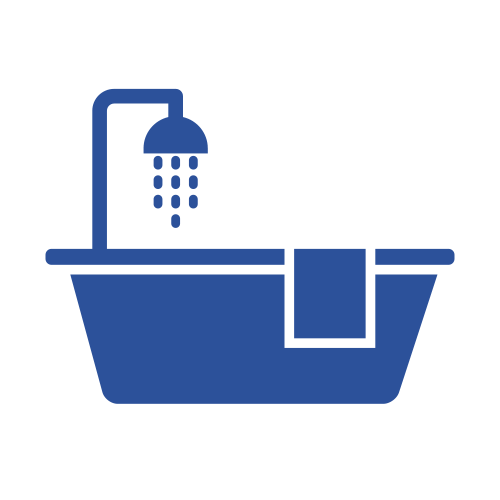 Bathroom Aids
Bathroom Aids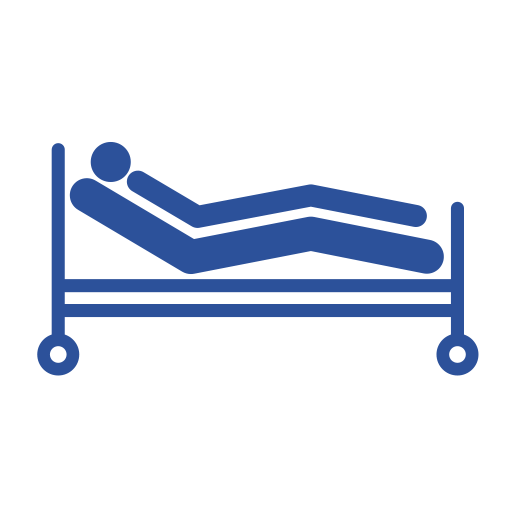 Beds & Bed Aids
Beds & Bed Aids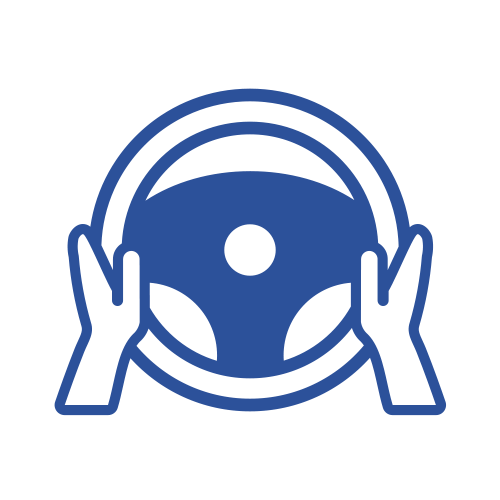 Car & Travel Aids
Car & Travel Aids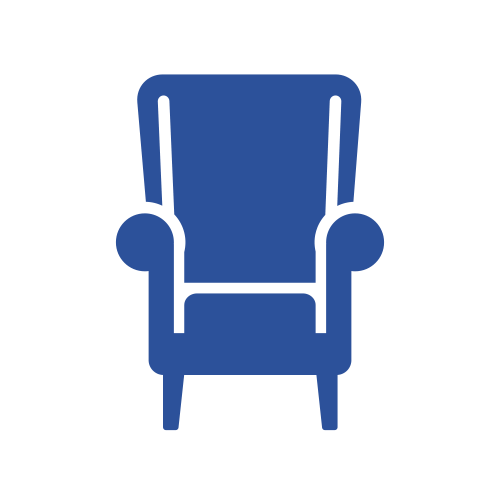 Chairs & Seating Aids
Chairs & Seating Aids Cleaning & Hygiene
Cleaning & Hygiene Comfort & Dressing
Comfort & Dressing Continence Care
Continence Care Cushions & Supports
Cushions & Supports Daily Living Aids
Daily Living Aids Disabled Ramps
Disabled Ramps Footwear & Footcare
Footwear & Footcare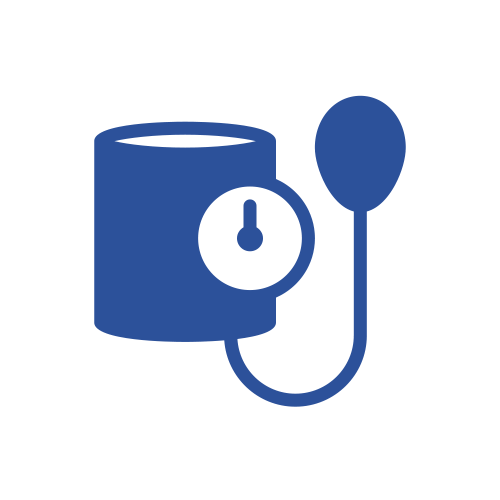 Health & Medical Aids
Health & Medical Aids Medical Professionals
Medical Professionals Mobility Scooters
Mobility Scooters Paediatric Equipment
Paediatric Equipment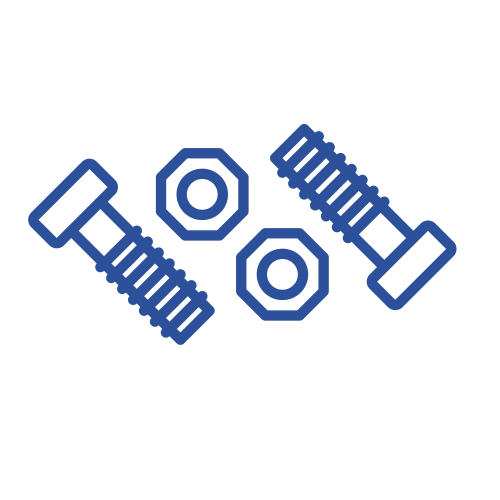 Parts & Spares
Parts & Spares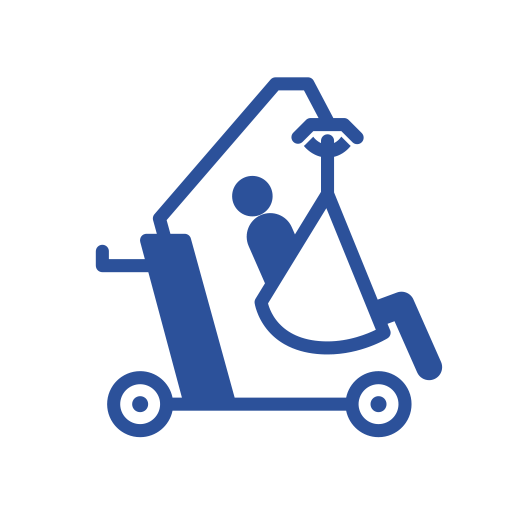 Patient Handling
Patient Handling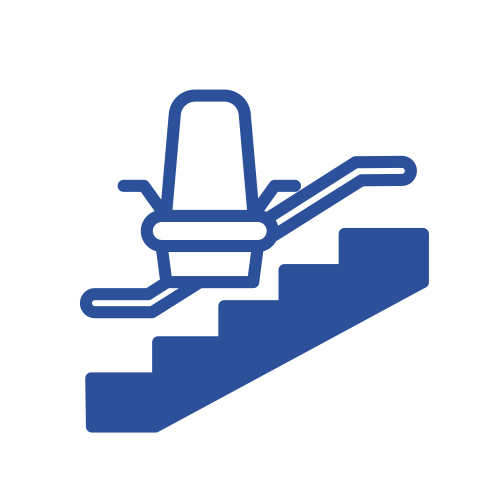 Stair Lifts
Stair Lifts Therapy & Orthopaedics
Therapy & Orthopaedics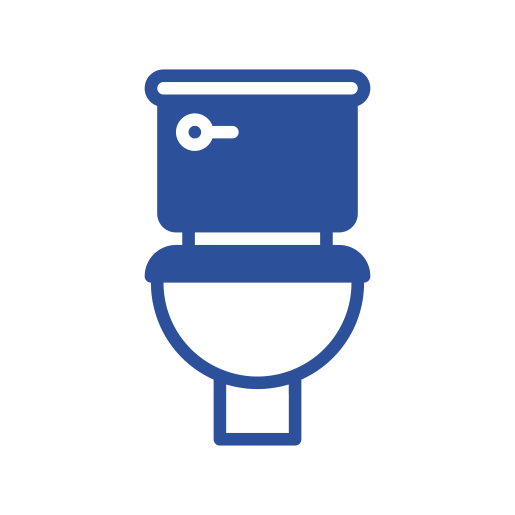 Toileting Aids
Toileting Aids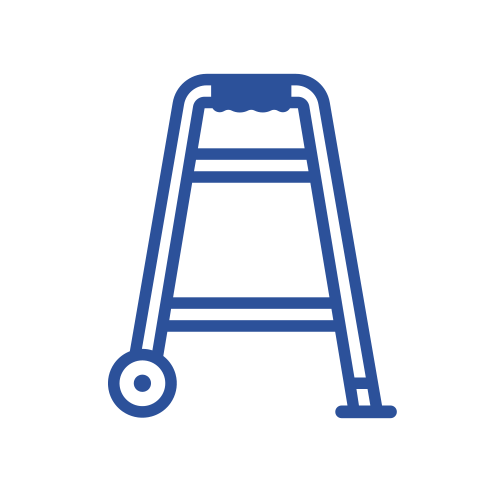 Walking Aids
Walking Aids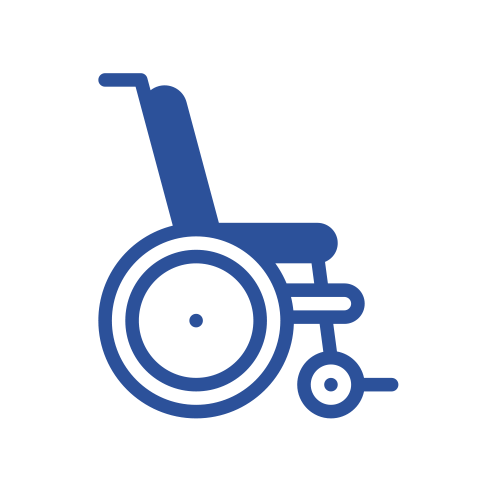 Wheelchairs
Wheelchairs



